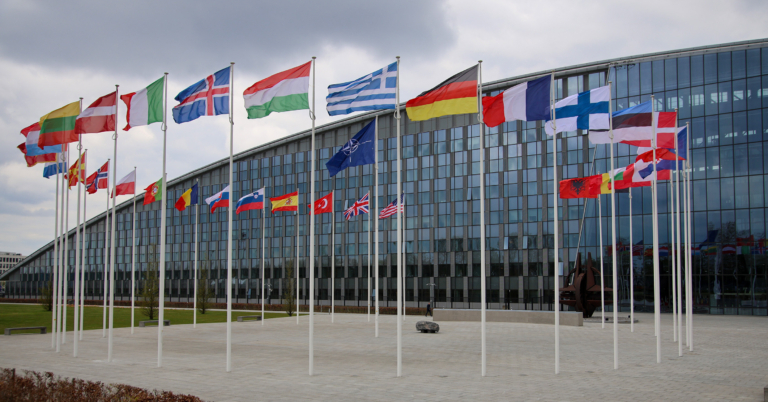
On October 29, the United States announced that it would reduce its military presence in Romania by roughly 800 troops. This modest adjustment drew backlash from lawmakers on both sides of the aisle, contending that it sends the wrong signal and appeases Russian President Vladimir Putin. Yet for all the noise, this move was hardly a radical shift – in fact, it should mark only the beginning of U.S. military retrenchment in Europe. Behind the curtain, however, lies a more problematic contradiction in Washington’s strategic community: policymakers want Europe to do more but cannot imagine America doing less.
This reduction did not occur in a vacuum. The Department of War clarified that the move was a “positive sign of increased European capability and responsibility,” not a result of decreased American commitment to European allies. Considering that every administration since Eisenhower has complained about NATO burden-sharing, one could be forgiven for assuming that Washington would have greeted the news with enthusiasm. Instead, the resistance revealed how deeply ingrained many American policymakers’ paternalistic reflexes toward Europe have become. For decades, lawmakers have demanded that Europe step up militarily, but many panic when the administration takes one modest step back in recognition of that progress. If the U.S. is to recalibrate its foreign policy around core national interests, it must accept that global leadership in the 21st century is not omnipresence.
The world where the United States could sustain a sprawling global presence at relatively low cost because no other power could come close to challenging it is over. An increasingly bleak fiscal outlook and rising competitors in other theaters mean the United States needs to focus power where it matters most. There is longstanding bipartisan recognition on both sides of the Atlantic that Europe needs to shoulder more responsibility for its defense. Well over three years after Russia invaded Ukraine, U.S. defense spending still far exceeds that of NATO-Europe. European NATO members were collectively projected to spend $564 billion in 2025 compared to America’s roughly $980 billion, in other words, less than 37% of the combined U.S.-European defense burden. However, many in the U.S. policy community who share this view also expressed concern about the recent military withdrawal, fearing it would embolden Russia. This is not strategy – it is inertia, and it ironically undercuts the very incentive structure that drives Europe to take responsibility.
If there is any theater where the United States can responsibly scale back, it is Europe. The continent is not only home to America’s closest allies but also to many of the world’s wealthiest countries. Germany, the United Kingdom, France, and Italy all have GDPs larger than Russia and could develop robust militaries if they desired. Russia remains mired in Ukraine and is sustaining heavy casualties. Even without the United States, the continental balance of power favors NATO.
That said, true burden-sharing is not rhetorical; it requires the United States to step back so that Europe can step up. NATO’s long-term credibility and the reorientation of U.S. foreign policy necessitate European self-sufficiency. This is unlikely to manifest if the United States cannot stomach a minor withdrawal of 800 troops. Indefinite forward deployments reduce the incentives for Europe to take on more of the defense burden by signaling that America will never actually withdraw.
Those who disagree with the recent troop withdrawal are quick to point to Russia. They argue that drawing down America’s military presence in Europe at this moment in time signals to the Kremlin that Washington has abandoned its allies. As they see it, the United States should wait until Russia is no longer a threat – whenever that may be. In reality, the war in Ukraine has resulted in hundreds of thousands of casualties and heavy equipment losses. If anything, Russia’s experience in Ukraine likely deters future expansionism. Waiting until after the war to reduce the U.S. footprint and allowing Russia to reconstitute its forces makes little strategic sense.
To be certain, many European nations lack essential warfighting capabilities at scale, such as airlift, aerial refueling, and ISR. Nor is it only Washington’s fault that defense responsibilities are unevenly distributed within NATO. But continuously postponing American retrenchment will continue to deter rearmament among our European partners. If every moment is too dangerous to adjust posture, then no moment will ever be safe enough.
The drawdown in Romania is not revolutionary, but it represents a step in the right direction. If proponents of more equitable burden-sharing cannot stomach this, the inertia is likely to continue. The time to begin a gradual drawdown in Europe is now, not after the next crisis.
© 2026 AMERICANS FOR PROSPERITY. ALL RIGHTS RESERVED. | PRIVACY POLICY
Receive email alerts to learn how to get involved